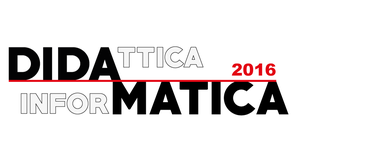Thursday, December 3rd, 2020 from 10:00 a.m.
Live streaming on Webex meeting no.: 121 765 9559 - psw: dMzJGgNk322
The widespread opinion is that Artificial Intelligence (AI) should serve human interests, which remain at the heart of technological innovation and its purpose. It is thus repeated that AI is (and must be) designed and implemented keeping in mind the human exceptionality, which is manifested in the exclusive personal capacity of ethical autonomy. In this sense, the advent of AI would not involve radical changes at all on the moral level, and the values already widespread today should simply be applied to AI by simply paying more attention in order to avoid abuse, which would be serious also because of the increase in deployed capabilities.
On the other hand, the enormous increase in the computing power of computers and the wide availability of data have made machine learning and deep learning effective and practicable, and this is leading to a significant leap in the control of humanity itself. The help offered by the AI will not only expand human potential but will involve their transformation, opening the way to new forms of humanity. To take just one example, already now AI involves a radical change in "privacy", a notion that will take on different connotations from those of the past. Just as bioethics has entailed new ethics (without absolutes) compared to traditional ethics (with absolutes), so too AI-ethics will entail a renewal of established ethics: in particular, the extension of ethics from the domain of the human to that of the artificial could lead to considering the technologies themselves morally relevant, either as agents or as moral patients. All this will require a rethinking of the central notions of ethics today widespread, harbinger of innovations not easily predictable, but that must be considered.







